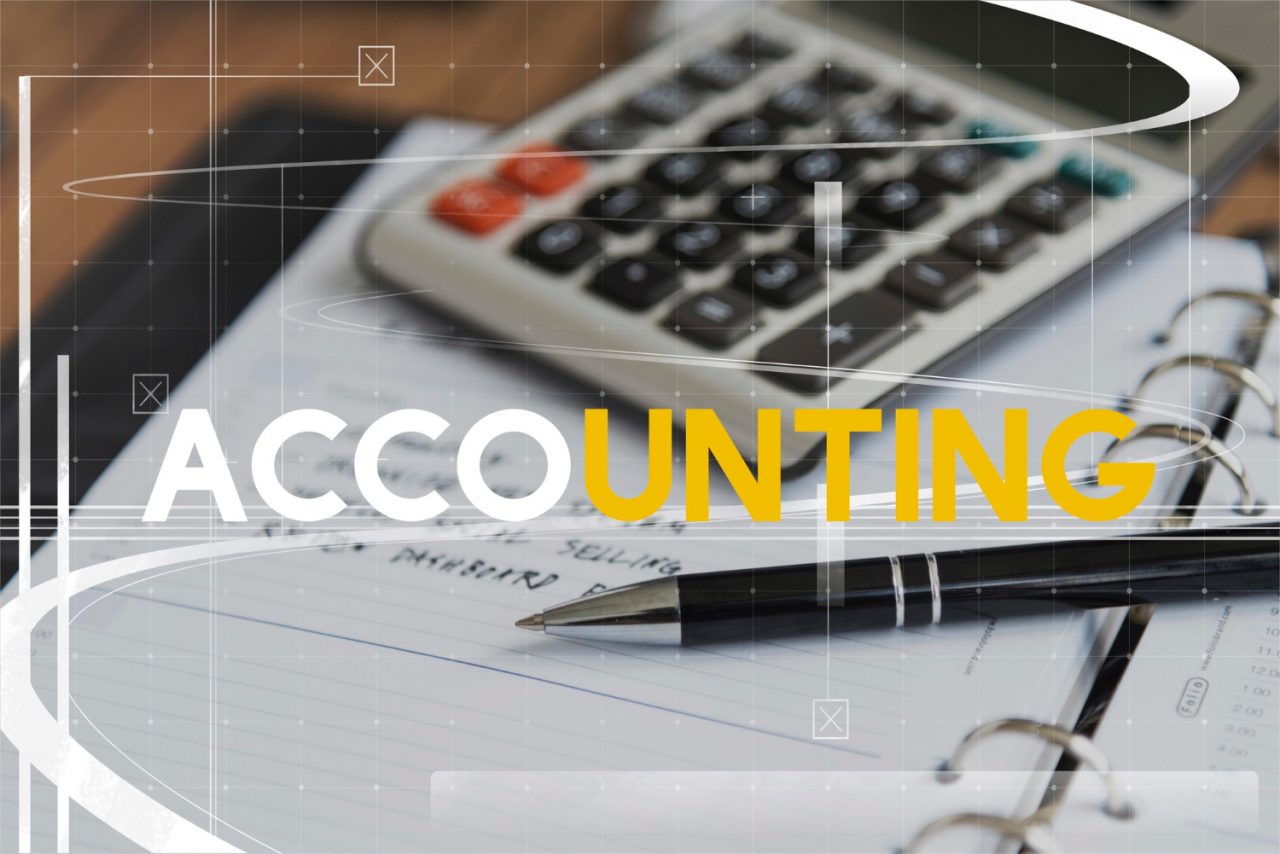The Internal Revenue Service encourages taxpayers living and working abroad to file their 2024 federal income tax return and pay any tax due by Monday, June 16, 2025.
The deadline applies to both U.S. citizens and resident aliens abroad, including those with dual citizenship.
Who is eligible for the extension?
U.S. citizens or resident aliens residing overseas or in the military on duty outside the U.S. are allowed a two-month extension to file from the normal April 15 deadline. Since June 15 falls on a Sunday in 2025, the deadline is delayed to Monday, June 16.
A taxpayer qualifies for this automatic extension if:
They are living outside the United States and Puerto Rico and their main place of business or post of duty is outside the United States and Puerto Rico, or
They are in military or naval service on duty outside the United States and Puerto Rico.
To use the extension, taxpayers need to attach a statement to the return indicating which of these two situations applies.
Can’t file by the deadline?
Taxpayers can request an automatic extension to Oct. 15, 2025, if they can’t file by the June 16 deadline. However, an extension of time to file is not an extension to pay and interest will apply to any 2024 tax payments received after April 15, 2025.
It’s fast and easy to get an extension to file your tax return because IRS offers several electronic options for making a request. Taxpayers can also get an extension when paying a tax bill electronically.
Taxpayers who are unable to request an extension electronically can complete and mail Form 4868, Application for Automatic Extension of Time to File U.S. Individual Income Tax Return. Businesses must request an automatic 6-month extension by filing Form 7004, Application for Automatic Extension of Time to File Certain Business Income Tax, Information and Other Returns.
Tax payments
The fastest and easiest way to make a tax payment is through an IRS Online Account, IRS Direct Pay and the Electronic Federal Tax Payment System (EFTPS).
Taxpayers living abroad who do not have a U.S. bank account are able to transfer money directly to the IRS, visit Foreign electronic payments for more information.
Taxpayers can also pay with a debit card, a credit card or a digital wallet, though service providers may charge a fee for this option. Visit Make a payment to learn more.
Extensions for taxpayers in combat zones and Israel
Members of the military stationed abroad or in a combat zone during tax filing season may qualify for automatic extensions. Visit the IRS’ dedicated webpage, Tax information for members of the military, which provides questions and answers on combat zone tax provisions and review IRS Publication 3, Armed Forces’ Tax Guide for more information.
Taxpayers affected by the terrorist attacks in the State of Israel, who live or have a business in Israel, Gaza or the West Bank and certain other taxpayers have until Sept. 30, 2025, to file and pay. This includes most returns and taxes due from Oct. 7, 2023, through Sept. 30, 2025, including Form 1040 and 1120 series returns.
Get tax benefits by filing
Taxpayers living outside the U.S. may be eligible for tax benefits by filing a U.S. return such as the foreign earned income exclusion and the Foreign Tax Credit. See Publication 54, Tax Guide for U.S. Citizens and Resident Aliens Abroad for more details.
Reporting foreign financial accounts to Treasury
Foreign financial accounts, such as bank accounts or brokerage accounts, must be reported to the Treasury Department’s Financial Crimes Enforcement Network (FinCEN) by electronically filing Form 114, Report of Foreign Bank and Financial Accounts (FBAR). The FBAR requirement applies to anyone with an interest in, or signature or other authority over, foreign financial accounts whose aggregate value exceeded $10,000 at any time during 2024.
Taxpayers with foreign assets, even relatively small ones, should check if this filing requirement applies to them. To access the form, taxpayers must visit Bank Secrecy Act E-Filing System. The deadline for filing the annual FBAR is April 15, 2025. However, FinCEN grants those who missed the April deadline an automatic extension until Oct. 15, 2025. There’s no need to request this extension. See FinCEN’s website PDF for further information.
Reporting required for foreign accounts and assets
U.S. citizens and resident aliens need to report any worldwide income, including income from foreign trusts and foreign bank and securities accounts, as required by federal law. Generally, affected taxpayers need to complete and attach Schedule B, Interest and Ordinary Dividends, to their Form 1040 series tax return. In Part III of Schedule B, the existence of foreign accounts such as bank and securities accounts, usually requires U.S. citizens to report the country in which each account is located.
Many taxpayers may also need to complete and attach to their return Form 8938, Statement of Specified Foreign Financial Assets. For the most part, U.S. citizens, resident aliens and certain nonresident aliens must report specified foreign financial assets on this form if the aggregate value of those assets exceeds certain thresholds. Taxpayers can consult the instructions for this form for more information.
Taxpayers must report and pay in U.S. dollars
Taxpayers abroad must report any income received or deductible expenses paid in foreign currency on a U.S. tax return in U.S. dollars. This also applies to any tax payments.
Both FinCEN Form 114 and IRS Form 8938 require the use of a Dec. 31 exchange rate for all transactions, regardless of the actual exchange rate on the date of the transaction. Generally, the IRS accepts any posted exchange rate that is used consistently. For more information on exchange rates, see Foreign currency and currency exchange rates.
Reporting requirements for expatriates
Taxpayers who relinquished their U.S. citizenship or ceased to be lawful permanent residents of the U.S. during 2024 must file a dual-status tax return. For more detail, forms and instructions review IRS Publication 519, U.S. Tax Guide for Aliens.
Source: IRS-2025-61, May 22, 2025










